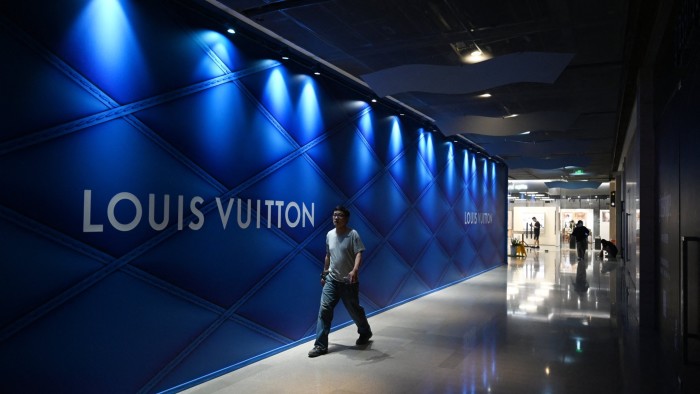Introduction: The Economic Crossroads
As the European Union (EU) grapples with the ramifications of a slowing Chinese economy, businesses are increasingly uneasy. The shift in focus from tariffs to the broader implications of trade and growth signals a pivotal moment that could reshape international commerce and economic stability across Europe.
Understanding the Slowdown in China
China’s economy, once a powerhouse driving global growth, is currently experiencing a significant deceleration. According to the National Bureau of Statistics of China, GDP growth slowed to 4.9% in 2021, down from 8.1% in 2020, and forecasts suggest further declines. Multiple factors contribute to this downturn:
- Real Estate Crisis: The collapse of major developers like Evergrande has created a ripple effect, destabilizing investor confidence.
- Zero-COVID Policy: Strict lockdowns have hampered production and consumption, leading to a contraction in economic activity.
- Geopolitical Tensions: Rising tensions with the US and other nations have resulted in trade barriers, impacting exports.
Implications for EU Businesses
The deceleration of China’s economy carries profound implications for EU businesses. Many European companies have relied on China as a critical market for both exports and supply chains. As the economic landscape shifts, several key concerns arise:
- Trade Dependency: The EU’s trade with China accounted for 16% of its total trade in 2021. A slowdown in Chinese demand could significantly affect European exports, particularly in sectors like automotive and machinery.
- Supply Chain Disruptions: European companies are likely to face increased costs and delays as they navigate a more unpredictable supply chain environment.
- Investment Reassessment: With a slowing economy, European firms may reconsider their investment strategies in China, potentially leading to decreased foreign direct investment.
Shifts in Economic Dynamics
As EU businesses reassess their strategies, a notable shift in economic dynamics is underway. The traditional reliance on China as a manufacturing hub is being challenged, prompting companies to explore alternatives:
- Nearshoring: Many firms are considering moving production closer to home to mitigate risks associated with long supply chains.
- Diversifying Markets: Companies are looking to expand into other Asian markets, such as India and Vietnam, to reduce dependence on China.
- Investment in Technology: There is a growing emphasis on innovation and automation to enhance productivity and reduce reliance on labor-intensive processes.
Future Outlook: A New Era of International Commerce
The evolving landscape calls for a reevaluation of international commerce. Experts predict several trends that could define the future of EU-China relations:
- Increased Trade Protectionism: As economies grapple with uncertainty, protectionist measures may rise, impacting free trade agreements.
- Focus on Sustainability: With climate change at the forefront, businesses may prioritize sustainable practices, influencing trade patterns.
- Digital Transformation: The acceleration of digitalization in commerce will likely reshape how businesses interact globally.
Conclusion: Preparing for Uncertainty
As EU businesses navigate the implications of China’s economic slowdown, a proactive approach is crucial. Companies must prioritize adaptability, diversification, and innovation to thrive in an uncertain landscape. By understanding the underlying factors and potential future trends, European firms can better position themselves for sustainable growth.
In conclusion, the ongoing economic deceleration in China presents both challenges and opportunities for EU businesses. By embracing change and preparing for the future, companies can not only survive but flourish in this new era of international commerce. Stay informed and ready to adapt; the future awaits.
Call to Action
For EU businesses looking to navigate these challenges effectively, staying updated on market trends and investing in strategic planning is essential. Engage with experts, attend industry forums, and collaborate with fellow businesses to share insights and strategies for success.
See more Business Focus Insider Team

